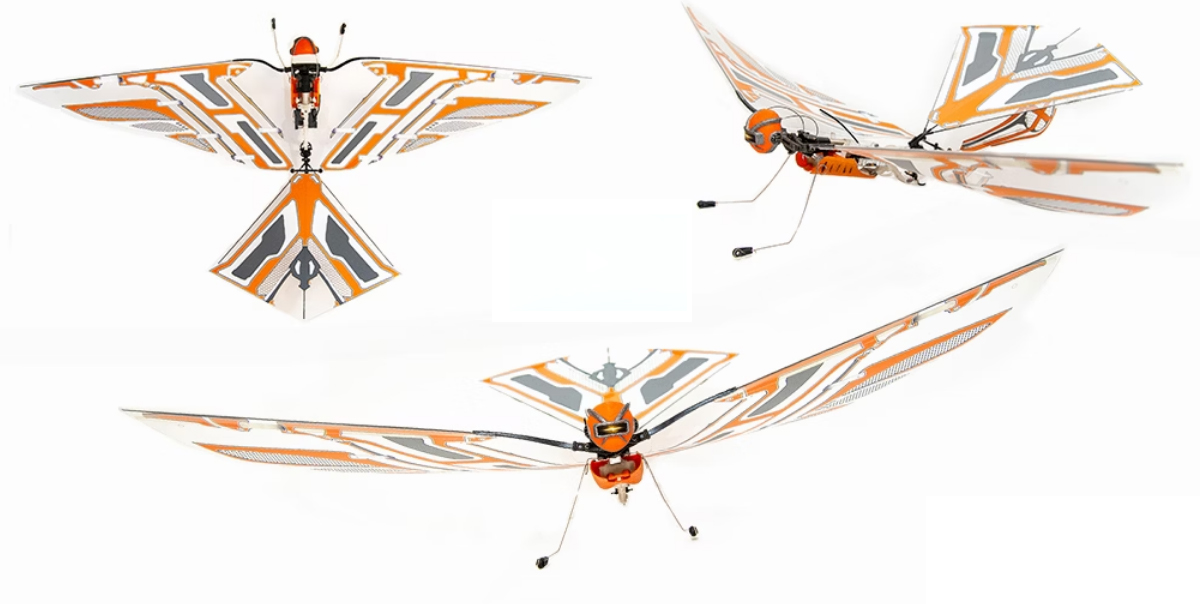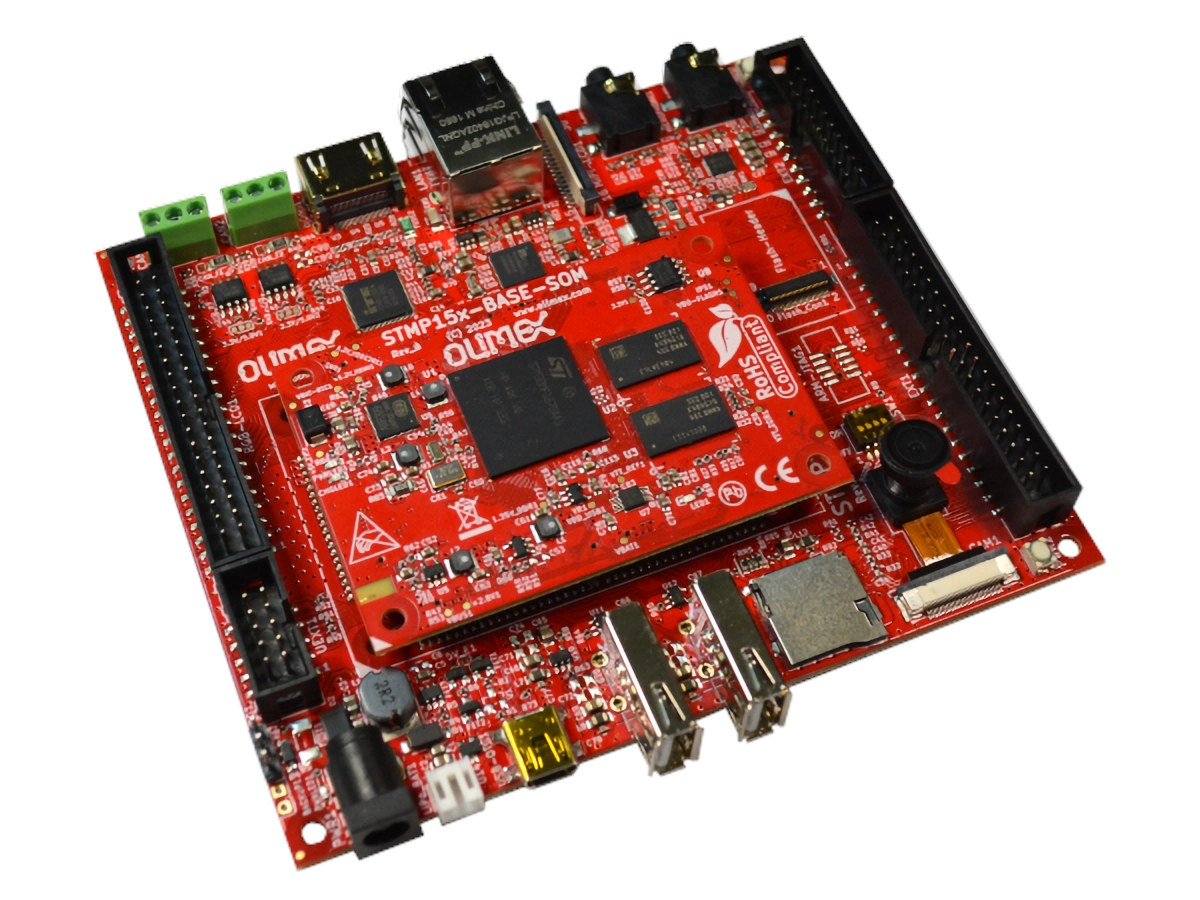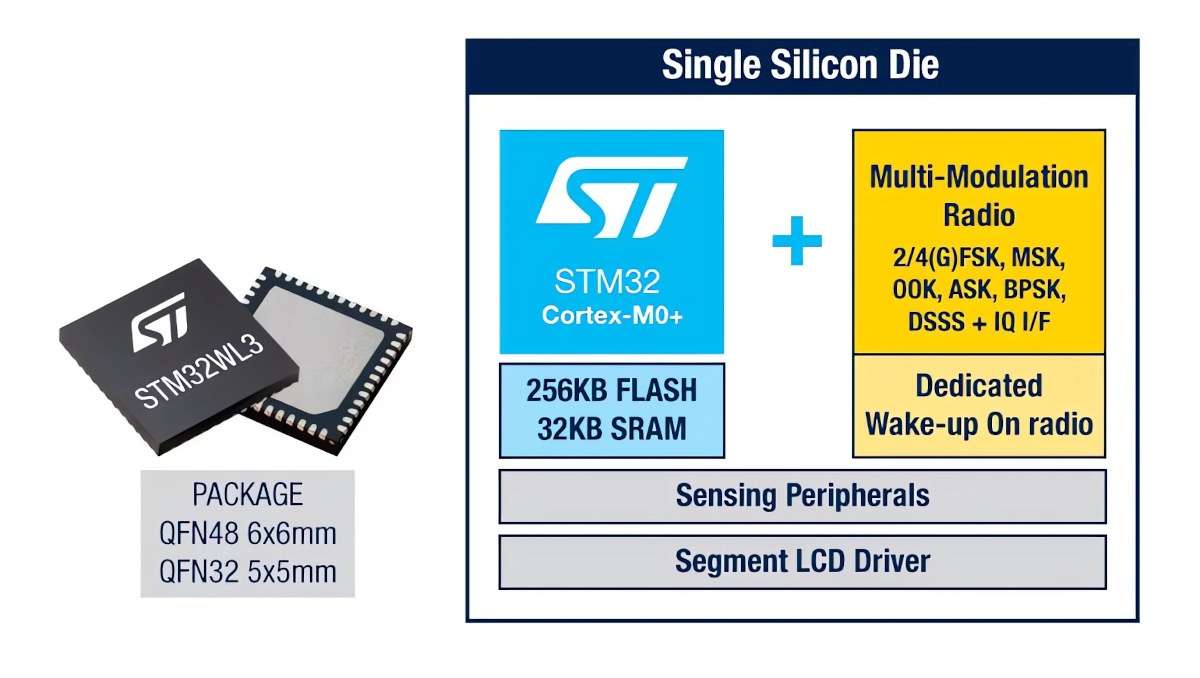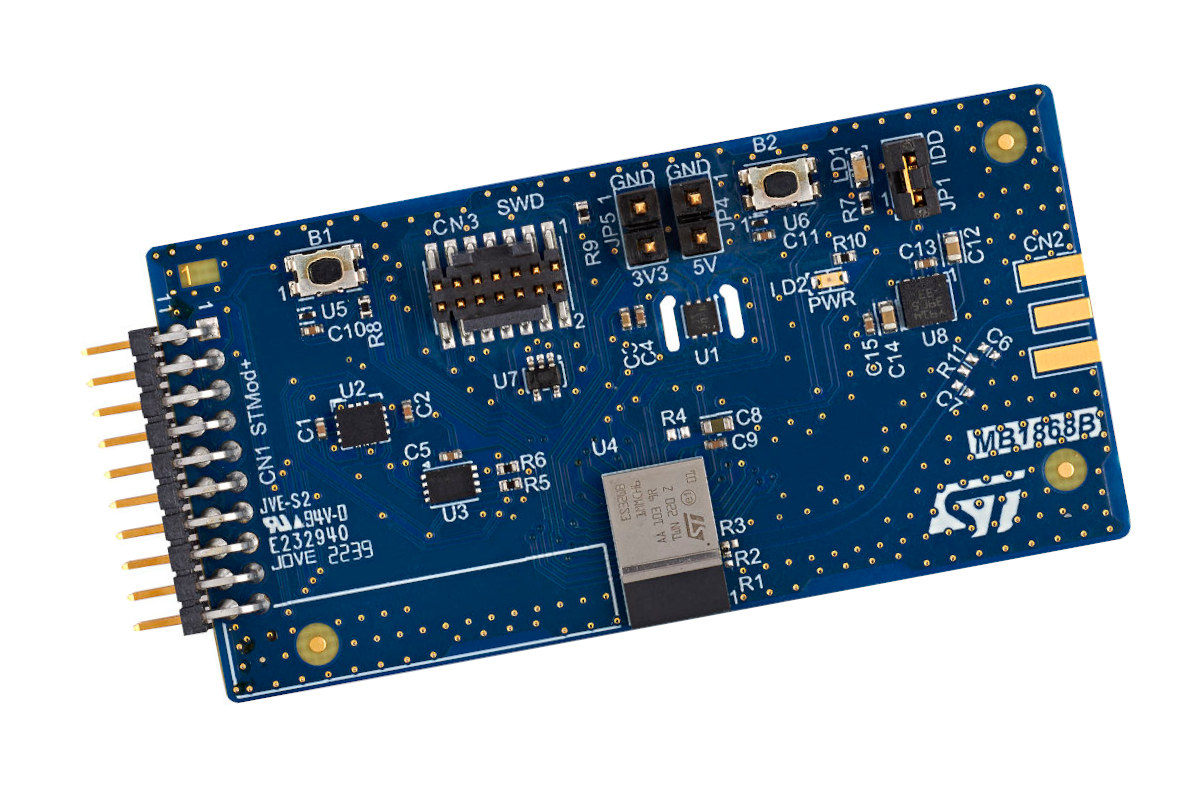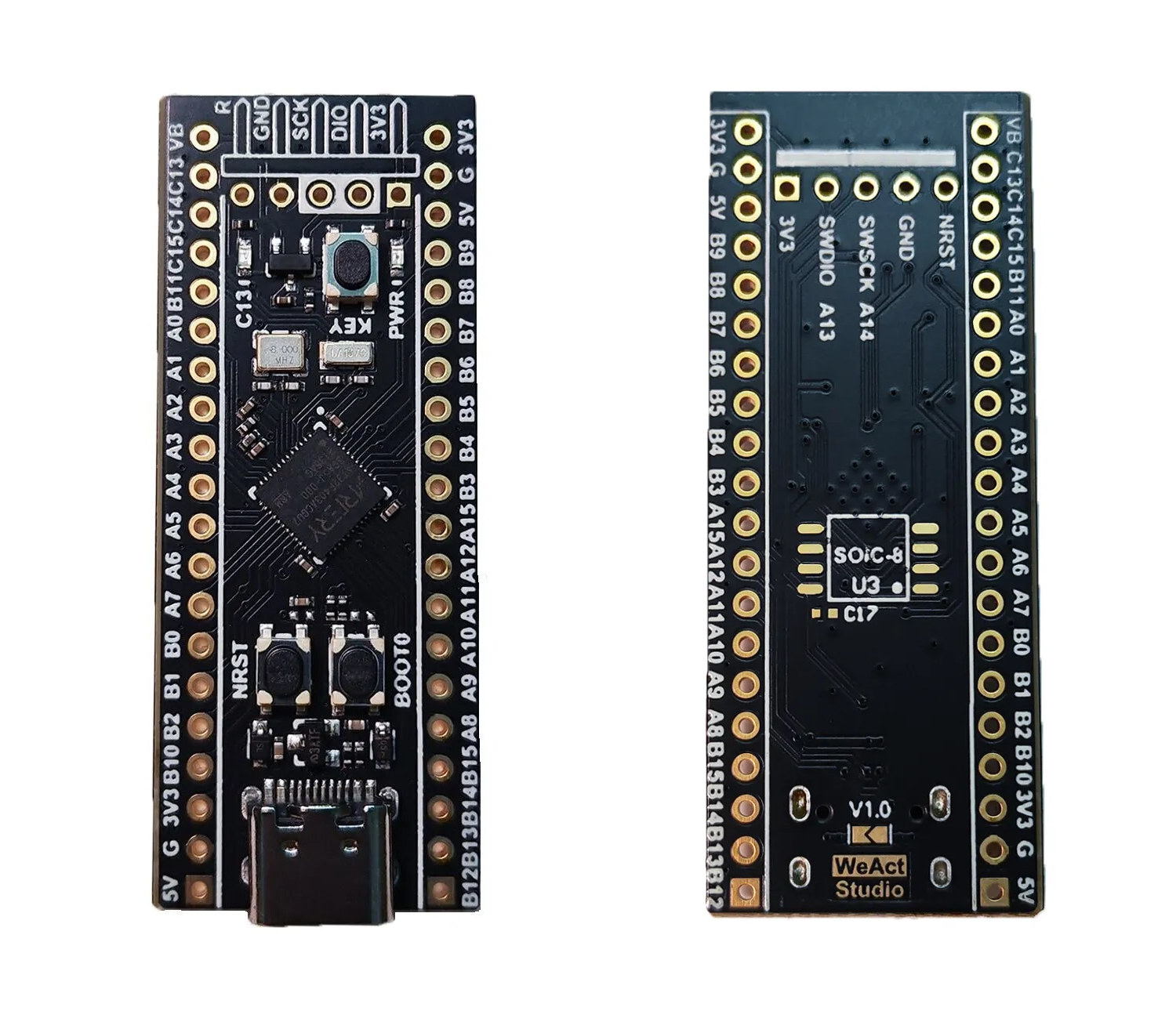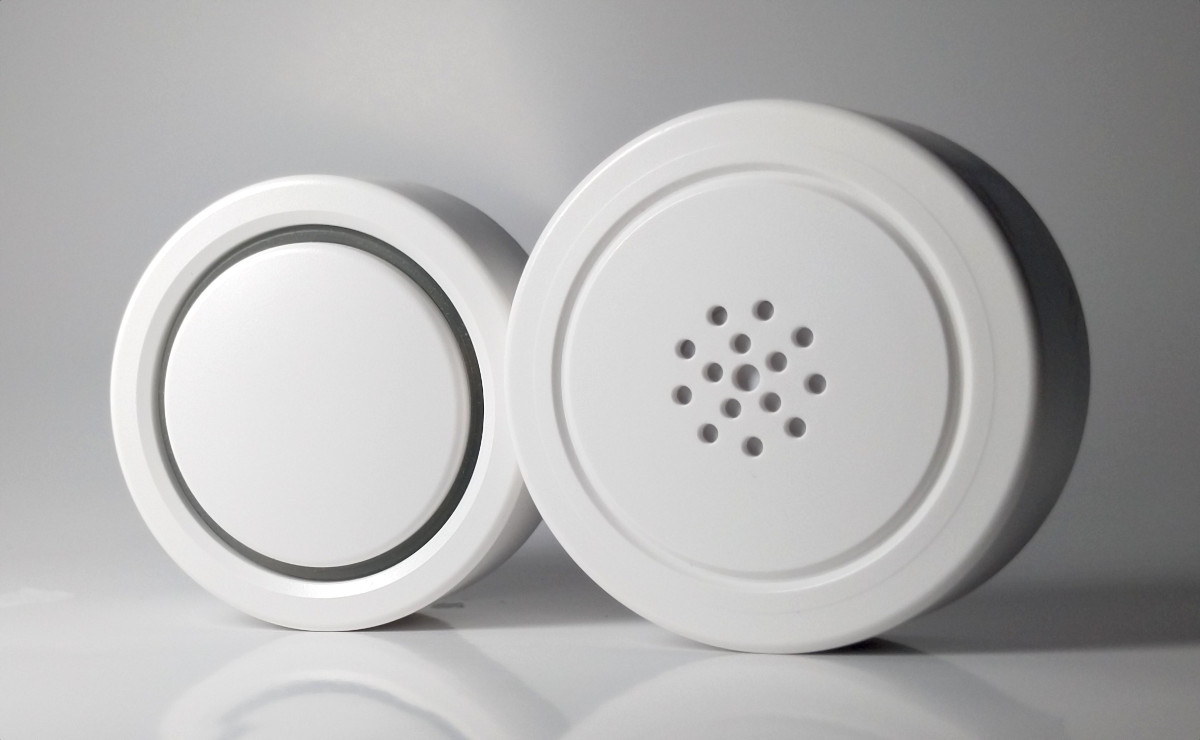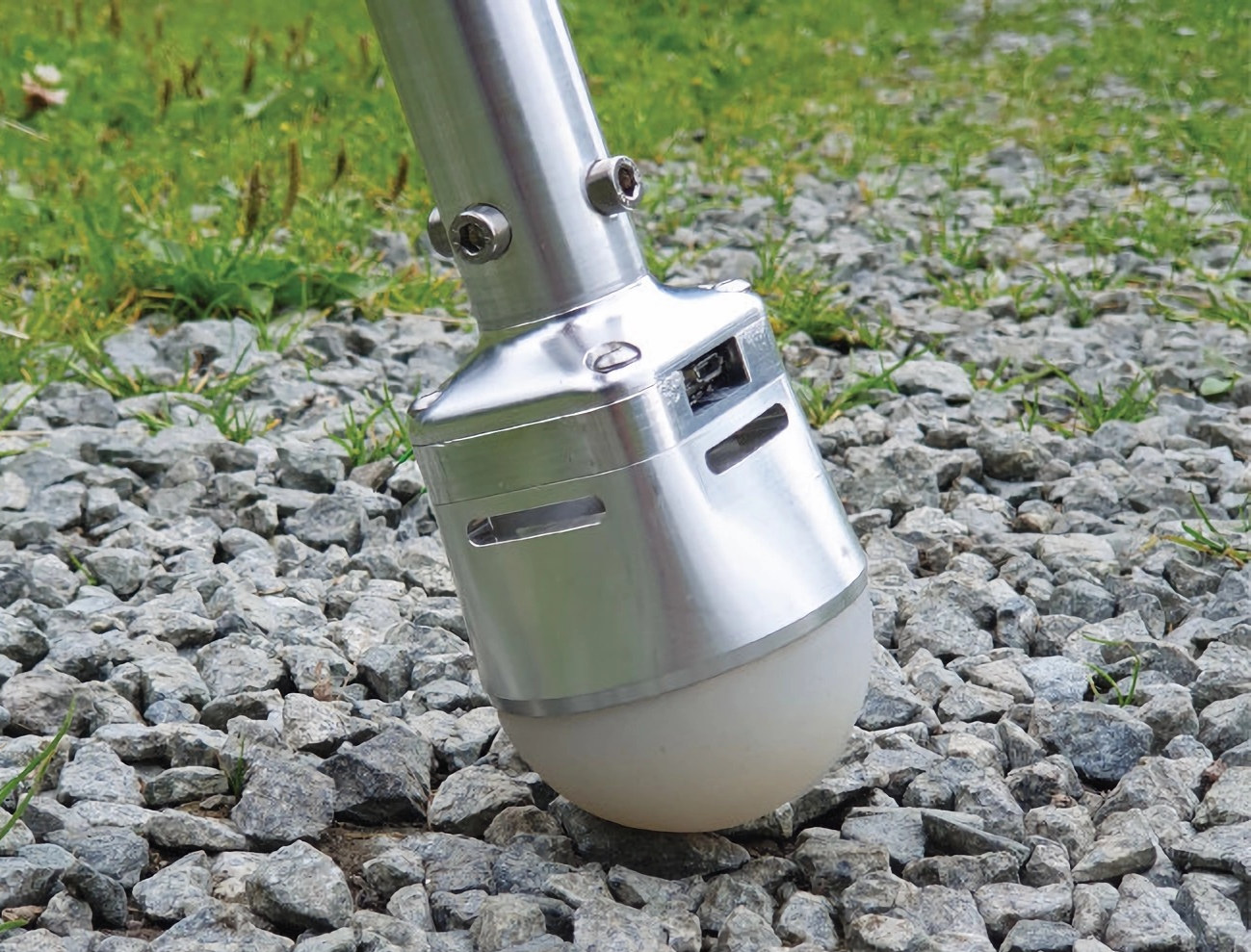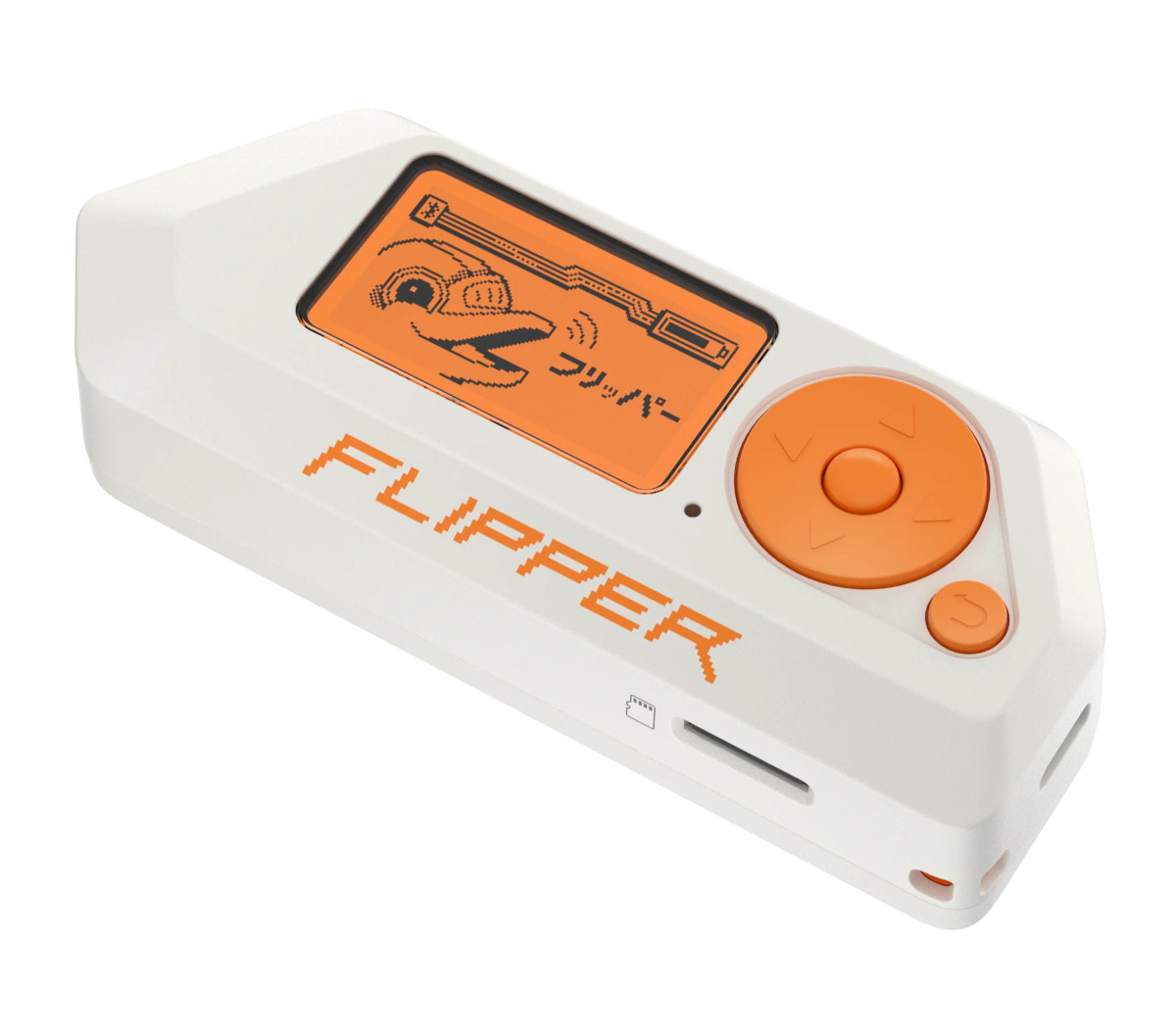Aeronautical engineer Edwin Van Ruymbeke has introduced X-Fly, a drone that emulates the flight pattern of a bird. The drone communicates via Bluetooth using the STM32WB15CC microcontroller, has a range of 100 meters, and can fly for 8-12 minutes with a swappable battery system. The company mentions that they have collaborated with the French military to develop the flapping wings mechanism, which incorporates gyroscopes and g-sensors, ensuring a stable flight. The drone can be controlled with a smartphone app or an attachable optical joystick and It’s also durable against crashes, has a quick-swap battery system, and improved wing mechanics for longer flights. We’ve previously covered drones such as the Qualcomm Flight RB5-based drone Kudrone Nano Drone and some drone kits like Qualcomm Flight Pro. Feel free to explore these if you’re interested. Key Features and Specification of X-Fly Drone: Control Board – The PCB features an STM32WB15CC Bluetooth microcontroller, motor […]
Olimex launches STMicro STM32MP157 SoM and open-source hardware EVB
Olimex has just launched the STMP157-BASE-SOM-EXT system-on-module (SoM) powered by an STMicro STM32MP157 dual-core Cortex-A7 microprocessor along with the open-source hardware STMP157-BASE-SOM-EVB evaluation board designed in KiCAD. The CPU module comes with 1GB RAM, an EEPROM for configuration, and power management circuitry, and the carrier board exposes all features of the microprocessor with HDMI video output, LCD display interfaces, a 2MP camera, gigabit Ethernet, USB ports, CAN bus terminal block, audio jacks, several GPIO headers, and more. STMP157-BASE-SOM-EXT System-on-Module specifications: Microprocessor – STMicro STM32MP157DAA1 dual-core Cortex-A7 processor @ 800 MHz with Arm Cortex-M4 real-time core @ 209 MHz, Vivante 3D GPU with OpenGL ES 2.0 support System Memory – 1GB DDR3 Storage – Linux configuration EEPROM Host interface – 6x 40-pin board-to-board connect with 1.27mm pitch for I/Os Misc – User LED, 24 MHz oscillator Power Management – AXP209 PMIC, LDO, DCDC power management Dimensions – 72 x 48 mm […]
STMicro STM32WL3 sub-GHz wireless MCU targets smart metering, smart building, and industrial monitoring
STMicroelectronics STM32WL3 is an Arm Cortex-M0+ low-power, long-range, multi-protocol wireless microcontroller working in sub-GHz ISM frequency bands, namely 413MHz – 479MHz, 826MHz – 958MHz, and soon 169MHz (2024) for protocols such as wireless M-Bus (mode N) and Wize. The multi-protocol and multi-modulation radio supports 4-(G)FSK up to 600kbit/s, 2-(G)FSK, (G)MSK, DBPSK, DSSS, OOK, ASK modulation schemes suitable for proprietary and standardized wireless protocols such as Sigfox, KNX, WiSun, mioty, M-Bus, and others. STMicro also claims to have implemented new power-saving features that extend the battery life to up to 15 years. STM32WL3 key features and specifications: MCU Core – Arm Cortex-M0+ up to 64 MHz Memory – 16KB or 32KB SRAM with full retention Storage 128KB or 256KB flash 1 KB OTP flash (user data) Wireless RF bands – 413-479 MHz, 826-958 MHz, and soon 169 MHz Data rate – 0.1 to 600 kbit/s Tx power – up to […]
STMicro launches Bluetooth 5.3/5.4 LE STM32WB09 MCU and STM32WB1MMC wireless module
STMicro has released two new Bluetooth 5.3/5.4 products with the STM32WB09 Cortex-M0+ wireless Bluetooth 5.3 LE microcontroller and the ST32WB1MMC Cortex-M0+/M4 Bluetooth 5.4 LE module for simpler designs, as well as the B-WB1M-WPAN1 evaluation board STMicro STM32WB09 Bluetooth 5.3 LE MCU STM32WB09 highlights: MCU core – Arm Cortex-M0+ core running at 64 MHz Memory and storage – 512 KB flash memory and 64 KB RAM Wireless Bluetooth 5.3 with support for up to 2 Mbps link, long-range Tx Power – Up to +8 dBm Rx Sensitivity -97 dBm at 1 Mbps -104 dBm at 125 bps Direction finding support (AoA/AoD) Integrated balun Misc – Capacitor-less 32 MHz crystal Power consumption 3.9 mA Tx current 3.2 mA Rx current at peak 15.5 µA/MHz for the Arm Cortex-M0+ core Packages WLCSP36 (2.83 x 2.99 mm) VFQFPN32 (5×5 mm) The microcontroller integrates a balun and a 32 MHz crystal and is designed for […]
49 cents “Black Pill” board clone features AT32 Cortex-M4F microcontroller
The “Black Pill” board with an STM32F4 Cortex-M4F MCU is already cheap, but I’ve just come across a clone going for just 49 cents plus shipping (34 cents to Thailand) based on a 240 MHz AT32 (or AT32F4) Cortex-M4F microcontroller with Arduino support. [Edit: the price looks like a lottery and everybody seems to get a different price, and not related to VAT. See comments section] Other features are pretty much the same with two 20-pin headers for GPIOs, an SWD header, a USB Type-C port for power and programming, and a few buttons. WeAct “Black Pill” board specifications: Microcontroller – Artery Technology AT32F403ACGU7 Cortex-M4F MCU @ 240MHz with 96 + 128KB RAM, 256KB zero wait-state flash, 768KB non-zero wait-state flash; note: RAM and flash size are somehow configurable by the user, and the numbers listed here are the maximum capacities. Storage – Footprint for SPI flash USB – 1x […]
LoRaWAN IoT Button ships with open-source firmware, bootloader, and Android app
LoRaWAN is often used for asset tracking or environmental monitoring, for example, to track cattle location, or monitor temperature and humidity in a field, but n-Fuse’s “LoRaWAN IoT Action Button” enables human interaction and comes with open-source firmware, bootloader, and soon the source code for the Android app. Most of the n-Fuse STx-LR family of LoRaWAN nodes integrates environmental sensors but the LoRaWAN IoT Action Button is different with support supports single, double, and long presses, as well as tactile feedback. n-Fuse STx-LR family comes in three variants with the following key features: MCU – STMicro STM32L071KZU6 Arm Cortex-M0+ microcontroller @ 32 MHz with 192KB flash, 20KB RAM sta-lr – Action button with tactile feedback. stx-lr – TI HDC2080 environmental sensor (Temperature, Humidity), BMA400 motion sensor (acceleration), magnetic field sensitive Reed switch, ambient light sensor, and proximity sensor. ste-lr – Bosch BME680 environmental sensor with temperature, humidity, air pressure, and […]
TRACEPaw sensorized paw helps legged robots “feel the floor” with Arduino Nicla Vision
Our four-legged friends don’t walk on tarmac the same way as they do on ice or sand as they can see and feel the floor with their eyes and nerve endings and adapt accordingly. The TRACEPaw open-source project, which stands for “Terrain Recognition And Contact force Estimation through Sensorized Legged Robot Paw“, aims to bring the same capabilities to legged robots. Autonomous Robots Lab achieves this through the Arduino Nicla Vision board leveraging its camera and microphone to run machine learning models on the STM32H7 Cortex-M7 microcontroller in order to determine the type of terrain and estimate the force exercized on the leg. But the camera is apparently not used to look at the terrain, but instead, at the deformation of the silicone hemisphere – made of “Dragon Skin” – at the end of the leg to estimate 3D force vectors, while the microphone is used to recognize terrain types […]
Flipper Zero hardware & wireless hacking tool gets an app “store” with open-source app
Flipper Zero portable multi-tool for pentesters and hardware hackers has now gotten an app “store” with currently around 100 free and open-source apps available through the device’s Android or iOS app. I missed it at the time, but the Flipper Zero launched on Kickstarter in July 2020 and was massively popular with close to 5 million dollars raised from almost 38,000 backers. The tool looks like a toy but it allows hacking with GPIOs and short-range wireless protocols such as Bluetooth, RFID, NFC, and infrared. Flipper Zero specifications: Wireless MCU – STMicro STM32WB55RG with Arm Cortex-M4 application core @ 64 MHz, Arm Cortex-M0+ network core @ 32 MHz, 1024 KB flash, 256KB SRAM Storage – MicroSD card slot up to 64GB Display – 1.4-inch monochrome LCD (black on orange background) with 128×64 resolution via ST7565R SPI display controller Connectivity Bluetooth 5 LE & 802.15.4 via STM32WB55 microcontroller Bluetooth LE – […]


